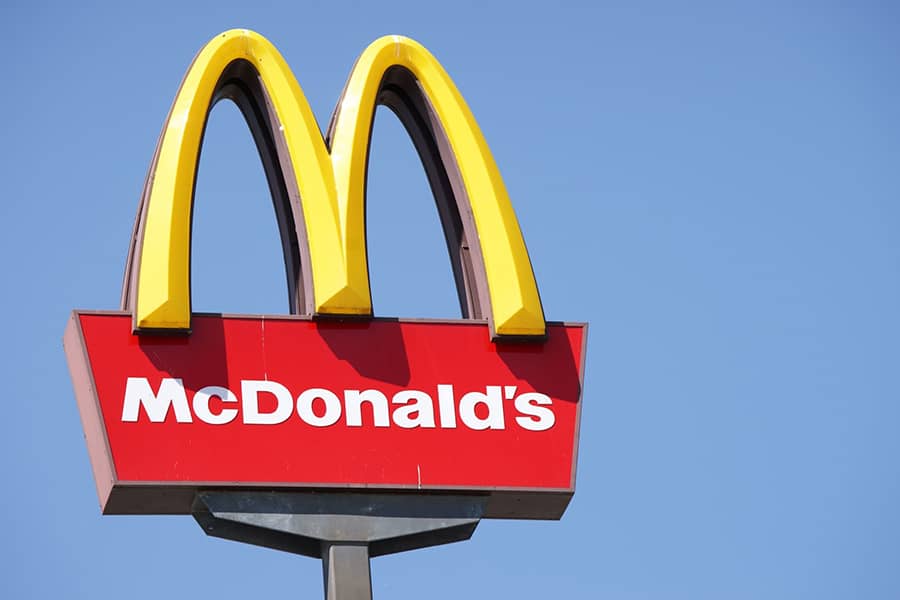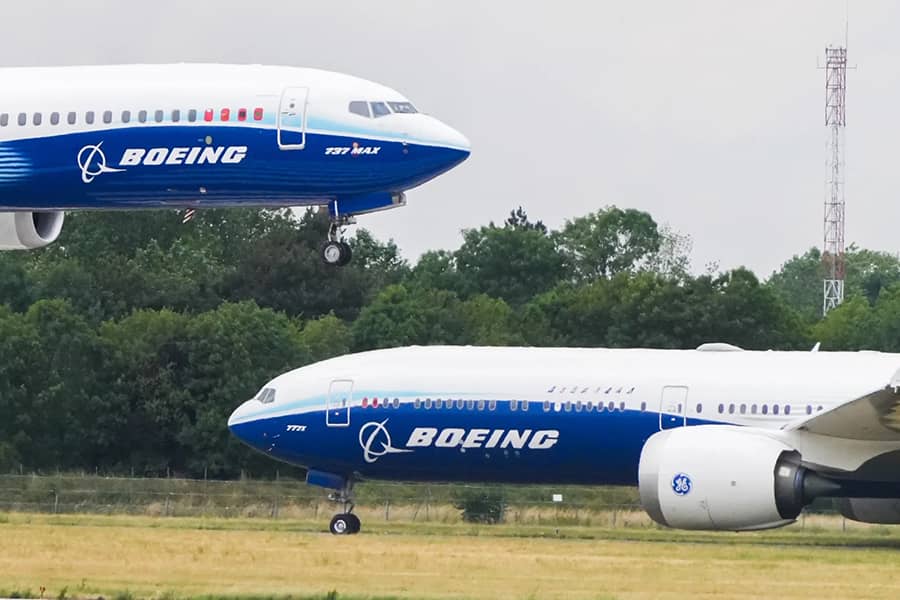Royal Caribbean has called off the next sailing of the largest cruise ship in the world.

Royal Caribbean’s Latest Update
The decision to call off the upcoming sailing of Royal Caribbean’s largest cruise ship, the Icon of the Seas, has sent ripples through the cruise community. While travelers eagerly anticipated this unprecedented floating marvel, delays offer an intriguing glimpse into the meticulous nature of maritime craftsmanship. Such a vast vessel carries intricate engineering challenges—challenges that can only be fully appreciated once you understand the sheer scale involved. Ensuring passenger safety and comfort is paramount; thus, each delay paves the way for perfection.
For loyal cruisers, this pause may feel like a disappointment at first glance. However, it also serves as an opportunity for heightened anticipation and enhanced experiences on future voyages. With every hiccup comes new insights into what promises to be a revolutionary cruising experience—a bold fusion of sustainability initiatives and world-class amenities that redefine vacationing at sea. Royal Caribbean’s commitment to excellence not only upholds their reputation but ultimately elevates future journeys onboard this game-changing ship into extraordinary escapades filled with memories worth waiting for.
Overview of the Largest Cruise Ship
The largest cruise ship in the world, the Wonder of the Seas, redefines oceanic travel with its awe-inspiring dimensions and unparalleled amenities. Spanning over 1,188 feet in length and accommodating nearly 7,000 passengers at full capacity, this floating city is a marvel of modern engineering. Its design fosters an immersive experience that blends adventure and relaxation across diverse spaces—from tranquil neighborhoods to exhilarating slides that plunge into pools surrounded by palm trees.
Beyond mere size, what sets Wonder of the Seas apart is its innovative approach to leisure and entertainment. Guests can enjoy a myriad of activities ranging from rock climbing on towering walls to attending Broadway-style performances or indulging in gourmet dining options created by renowned chefs. Each corner reveals something new—be it the serene Central Park or the buzzing Boardwalk—ensuring no moment onboard feels repetitive. With its recent sailing cancellations sparking discussions about operational strategies amidst ongoing global challenges, one can’t help but wonder how advancements in health protocols will continue to shape the cruise experience without compromising its essence of wanderlust and exploration.
Reasons for Canceling the Upcoming Sailing
The decision to cancel the upcoming sailing of the world’s largest cruise ship, Symphony of the Seas, has left many travelers reeling. One key reason stems from ongoing supply chain issues that have impacted everything from food supplies to onboard entertainment. Royal Caribbean is prioritizing guest safety and experience; ensuring that every aspect of a cruise meets their high standards is essential for maintaining customer loyalty in a highly competitive market.
Additionally, it’s worth noting that unexpected weather patterns have played a significant role in these cancellations. With climate change increasingly affecting travel conditions across various regions, the cruise line must stay vigilant about passenger safety. By making this tough call now, Royal Caribbean aims to avoid potential disruptions at sea or unforeseen port accessibility issues later on—factors that could exacerbate traveler frustrations or even compromise safety protocols during excursions. Ultimately, while disappointed vacationers might find this decision hard to digest, it underscores the industry’s commitment to consumer trust and overall well-being amid unpredictable challenges.
Impact on Passengers and Bookings
The decision to cancel the next sailing of the largest cruise ship in the world has sent ripples through the travel industry, affecting both passengers and future bookings. For those eagerly anticipating their voyage, this disruption can evoke a mix of disappointment and uncertainty. Many guests often invest not just money but emotional energy into securing that perfect itinerary — one filled with sun-soaked days at sea and exhilarating port stops. As they rethink their travel plans, there’s an opportunity for Royal Caribbean to shape a more resilient relationship with its customers by offering flexible rebooking options or enticing incentives for future sailings.
On a broader scale, this cancellation also raises questions about consumers’ confidence in cruise travel as we navigate an era marked by fluctuating health protocols and unpredictability. Passengers may become increasingly cautious about making long-term commitments, leading them to seek out more adaptable booking terms across all travel sectors. Travel advisors are likely to see heightened demand for guidance on alternative vacation choices that promise stability amidst uncertainty. Ultimately, how Royal Caribbean addresses these challenges could set a precedent for passenger expectations in an evolving landscape where adaptability might become the new cornerstone of luxury cruising experiences.
Royal Caribbean’s Response and Communication
Royal Caribbean’s response to the cancellation of the sailing reflects a strategic blend of transparency and customer-centric communication. In their announcement, the cruise line emphasized not only the logistical challenges but also their commitment to ensuring guest safety and satisfaction. They quickly rolled out a series of options for affected passengers, showcasing empathy by offering flexible rebooking policies and onboard credit. This proactive approach underscores Royal Caribbean’s priority: maintaining trust with its clientele during unpredictable times.
Furthermore, the dialogue surrounding this incident extends beyond mere logistics; it delves into an evolving industry standard regarding communication practices in crisis situations. By actively engaging on social media platforms and sending timely updates via email, Royal Caribbean is setting a precedent in maritime communications, prioritizing real-time interaction with guests who expect transparency at every stage of their journey. The ripple effects of this situation may lead to stronger customer loyalty, as travelers increasingly appreciate brands that handle crises with integrity and clarity. As Royal Caribbean navigates these turbulent waters, their responsiveness could ultimately redefine how cruise lines manage similar situations in future voyages.
Alternatives for Affected Travelers
For travelers affected by the cancellation of Royal Caribbean’s largest cruise ship, opportunities for adventure still abound. Consider venturing into land-based experiences that allow for deeper exploration of the destinations that typically attract cruising enthusiasts. Destinations like the Caribbean or Mediterranean offer a plethora of all-inclusive resorts and guided tours, providing a sun-soaked escape with rich cultural immersions—a chance to explore local cuisines, traditions, and history often overlooked during quick port stops.
Alternatively, why not embrace experiential travel by embarking on river cruises? These intimate journeys offer scenic routes through picturesque landscapes and charming towns. With smaller passenger capacities compared to ocean liners, you’ll enjoy personalized service and unique itineraries that delve into hidden gems off the beaten path. Additionally, many cruise lines are currently offering promotions in response to unexpected cancellations—seize this opportunity to book a spontaneous getaway at an incredible value! Whether you choose beachside relaxation or an adventure-filled excursion ashore, there’s no shortage of possibilities waiting for those ready to redefine their travel plans.
Future Sailings and Itinerary Changes
As the world’s largest cruise ship takes an unexpected pause, future sailings and itinerary changes are sparking interest among avid cruisers and travel enthusiasts. Royal Caribbean’s bold move opens up a unique opportunity for travelers to reimagine their vacation plans. With itineraries frequently updated to adapt to changing circumstances, this moment encourages guests to explore lesser-known ports that may not typically be featured on the schedule – places brimming with authentic local culture and hidden gems just waiting to be discovered.
Moreover, the ripple effect of canceled sailings can often lead to exciting promotions and deals for upcoming voyages. Travelers may find themselves with prime opportunities for discounted rates or exclusive onboard experiences. As Royal Caribbean recalibrates its offerings, it becomes crucial for wanderlust lovers to stay informed about potential alterations that could transform their journey into something unforgettable. Whether it’s a last-minute getaway or an extended expedition through exotic waters, this phase in cruising history invites sailors from all walks of life to dive deeper into what makes waterborne travel truly extraordinary.
Industry Reactions and Insights
Industry analysts have been quick to weigh in on Royal Caribbean’s decision to cancel the next sailing of its colossal cruise ship, the Wonder of the Seas. Many see this as a ripple effect stemming from ongoing global supply chain disruptions and operational challenges that have bedeviled travel sectors worldwide. The immediate impact is palpable, prompting discussions about how cruise lines must adapt their strategies to manage fleet capacities and customer expectations in a post-pandemic landscape.
Moreover, tourism experts suggest that this cancellation may serve as a critical junction for Royal Caribbean and similar companies to reassess their sustainability efforts. While some industry players are leaning into eco-friendly initiatives amid growing environmental scrutiny, others remain entrenched in traditional practices. Observers believe that successful adaptation hinges not just on logistics but also on embracing innovative technologies—such as cleaner fuel options or enhanced health protocols—to enhance traveler confidence moving forward. As competitors monitor Royal Caribbean’s moves closely, all eyes will be on how the giant navigates these choppy waters toward recovery and resiliency within an evolving market context.
Safety Protocols and Precautions Taken
In the wake of canceling the upcoming sailing for its iconic ship, Royal Caribbean has ramped up safety protocols to ensure passenger well-being remains a top priority. The cruise line’s commitment to health and safety includes advanced air circulation systems equipped with UV technology, which proactively reduce airborne pathogens, creating a cleaner onboard environment. Furthermore, enhanced sanitation measures are now standard practice, with high-touch surfaces undergoing frequent disinfection and thorough cleaning before each voyage.
Beyond these technical upgrades, Royal Caribbean is also leveraging technology to monitor passengers’ health in real time. Integrated health screenings at embarkation will become routine—saving guests from any undue anxiety while effectively safeguarding the entire cruising community. Onboard medical staff have been increased and trained rigorously to handle any emergencies or concerns quickly and effectively. Ultimately, these measures not only reinforce confidence among travelers but signal a broader shift in how the cruise industry prioritizes public health as it adapts to new realities in travel.
Conclusion: What’s Next for Royal Caribbean?
As Royal Caribbean navigates the challenges of canceling the next sailing of its largest cruise ship, a crucial question emerges: what does the future hold for this maritime giant? The company is likely to double down on innovation and guest experience enhancements. With technology playing a pivotal role in contemporary travel, we could see more advancements in onboard experiences, like immersive entertainment and personalized services driven by data analytics. Embracing these trends not only ensures passenger comfort but sets a new benchmark for luxury cruising.
Moreover, this situation may accelerate a shift towards sustainability initiatives within the fleet. As public awareness around environmental responsibility increases, Royal Caribbean might capitalize on this momentum to introduce eco-friendly practices that resonate with passengers. Whether through improved waste management systems or partnerships with renewable energy providers, there lies an immense opportunity to redefine their brand identity in an evolving market. By prioritizing both passenger enjoyment and ecological stewardship, Royal Caribbean can emerge not just as a leader in size but also in conscience—charting new waters that ensure they remain at the helm of the cruising industry’s future.




